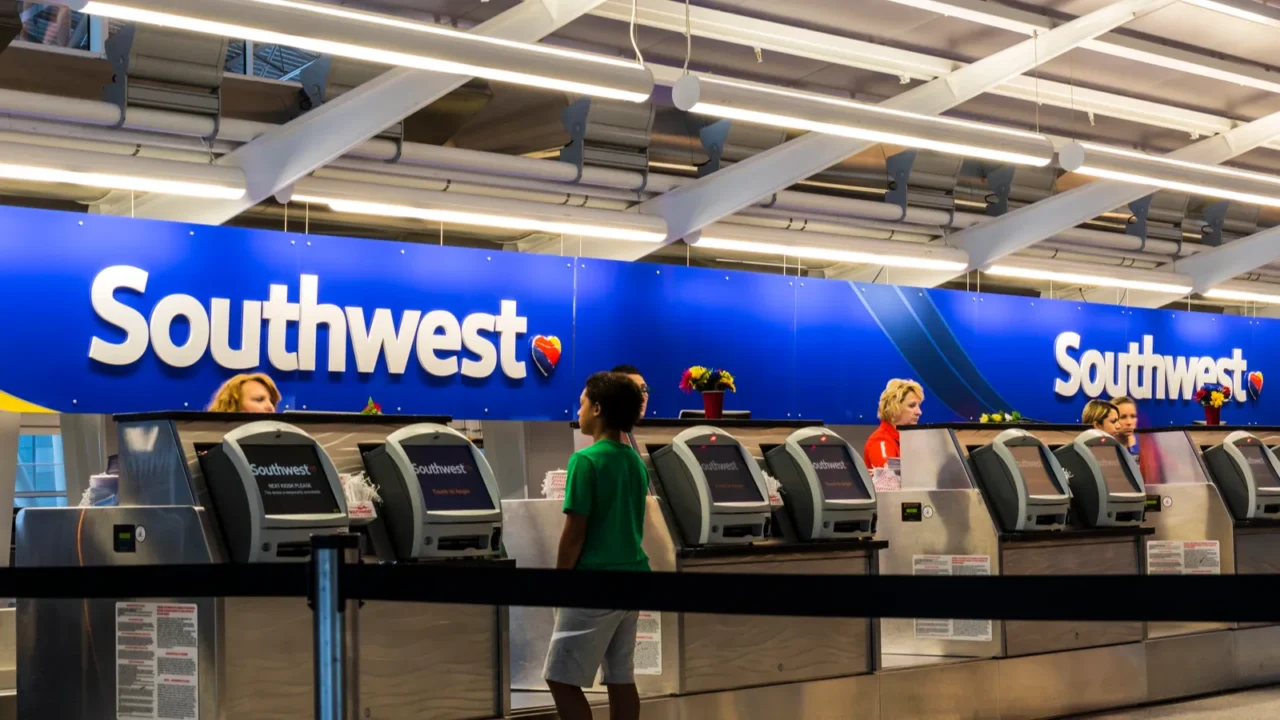
A rule that’s sparking attention
Southwest Airlines just made a big change that has many travelers talking. Starting January 27, 2026, the airline will end its long-standing “Customer of Size” policy.
Under the new rule, plus-size passengers who cannot fit within one seat’s armrest boundaries will need to purchase an additional seat ahead of time. Refunds are no longer guaranteed, creating fresh debate about fairness. This update signals a major cultural shift for the airline.
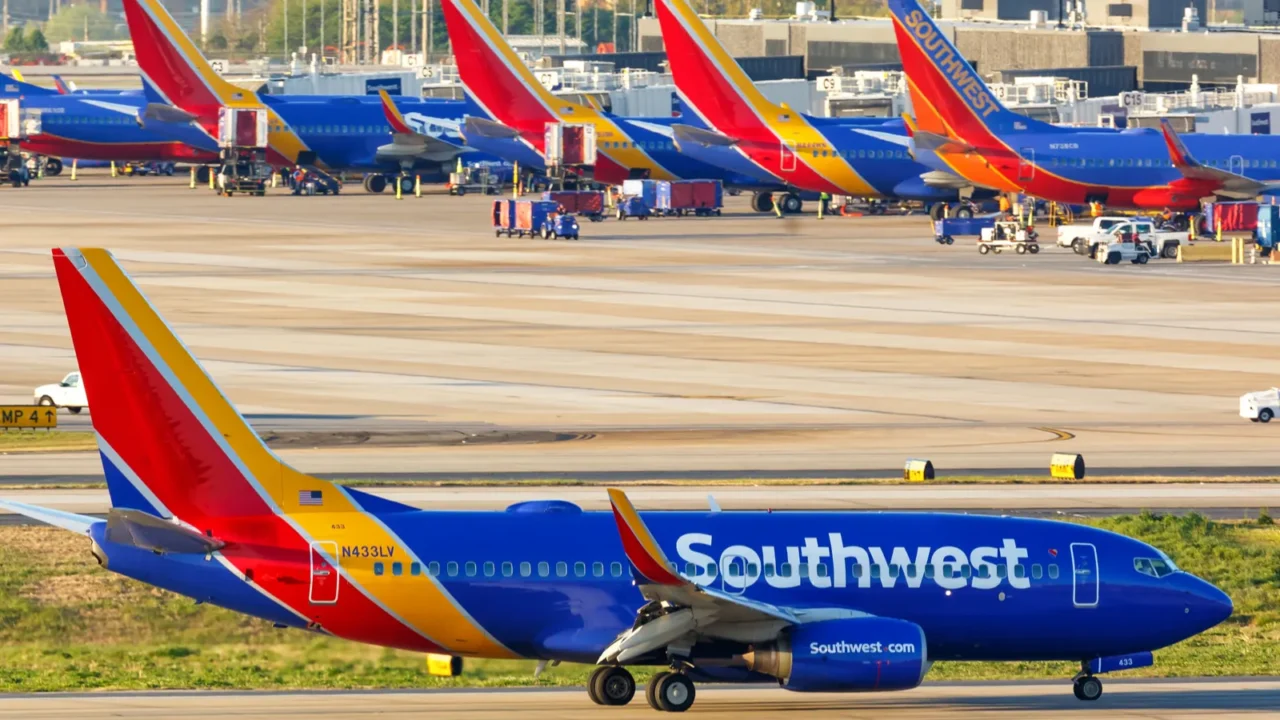
What the old policy looked like
For years, Southwest allowed larger travelers to request an extra seat at the airport without charge. If space were available, they could fly more comfortably without paying more.
Those who did purchase a second seat in advance could often request a refund later, making the airline more flexible than most competitors. Many passengers praised this approach as customer-friendly.
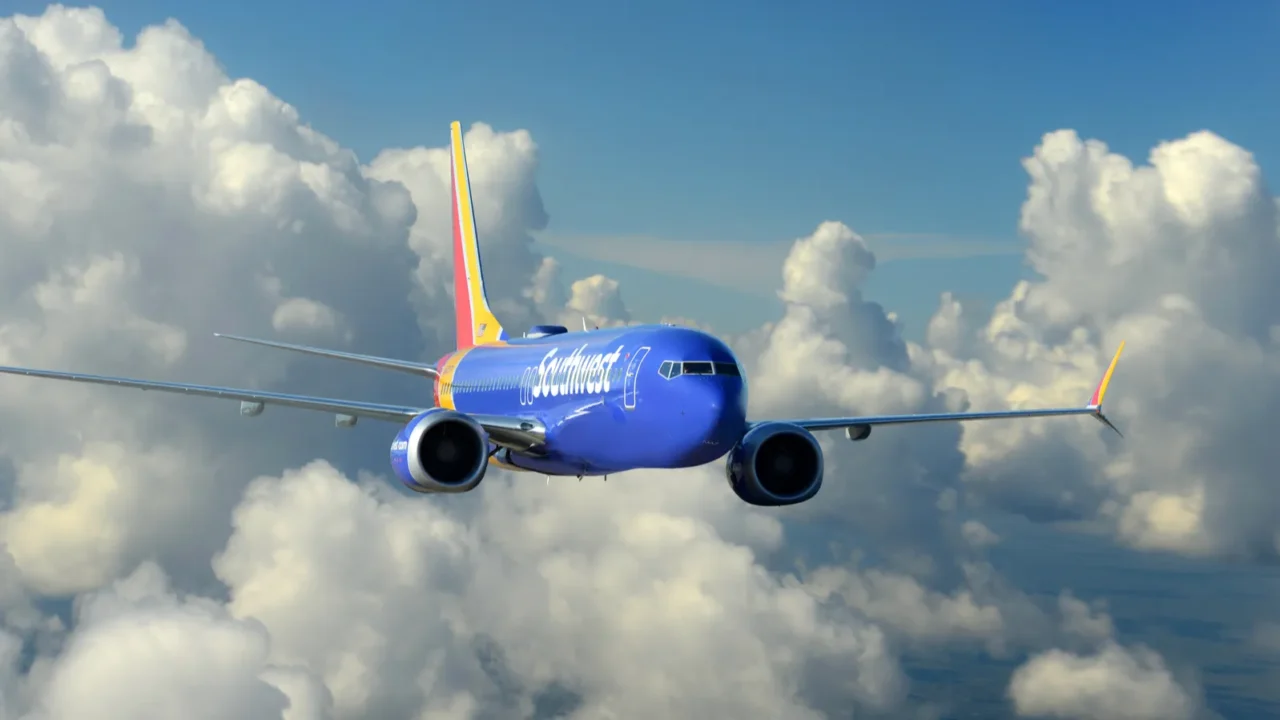
How the new rule changes things
Now, all passengers needing more than one seat must purchase the second seat before boarding. This removes the option of asking for one at the gate.
Refunds are still possible, but only if the flight has extra space when it departs, and travelers must apply within 90 days of travel. For many, this adds a new layer of planning stress. It shifts more responsibility onto travelers to plan ahead carefully.
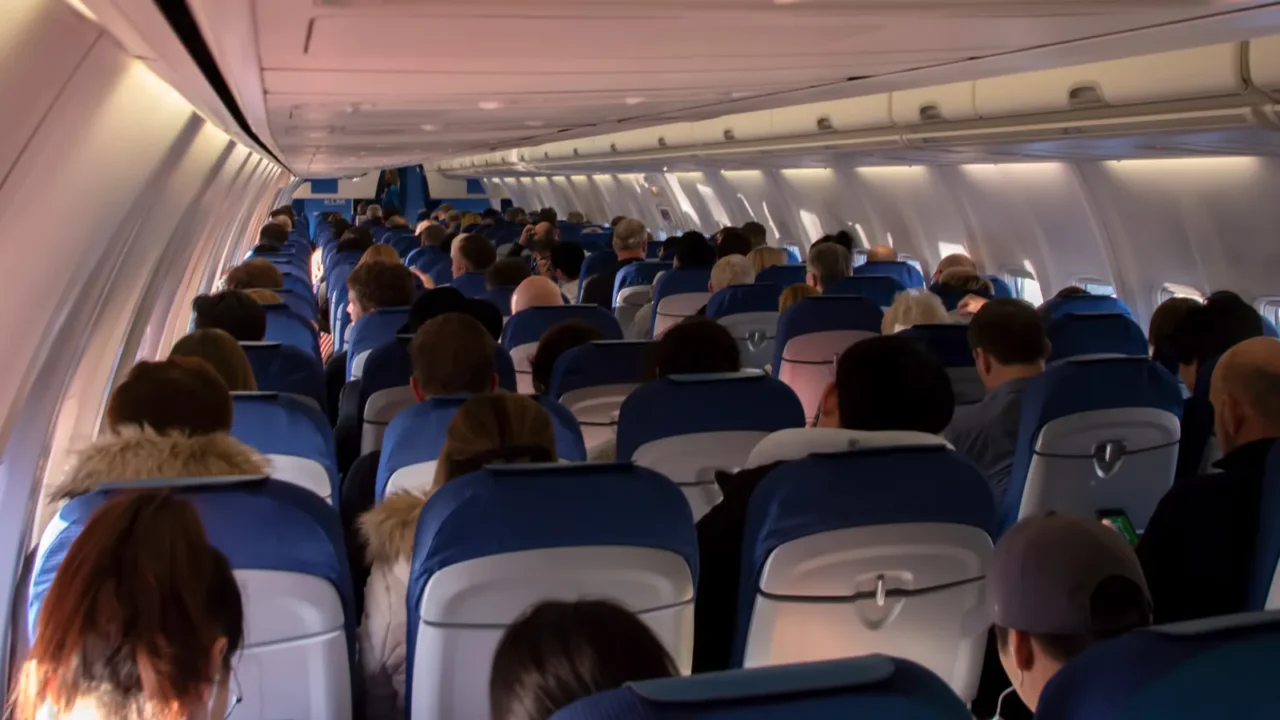
What happens if flights are full
If a passenger needs a second seat and there aren’t any available, they won’t be allowed to board. Instead, Southwest says they’ll be rebooked on a later flight. For travelers on tight schedules, this could cause real headaches.
That could mean unexpected delays, missed connections, or even additional costs for lodging if no seats open up quickly. The risk of disrupted plans is now much higher.
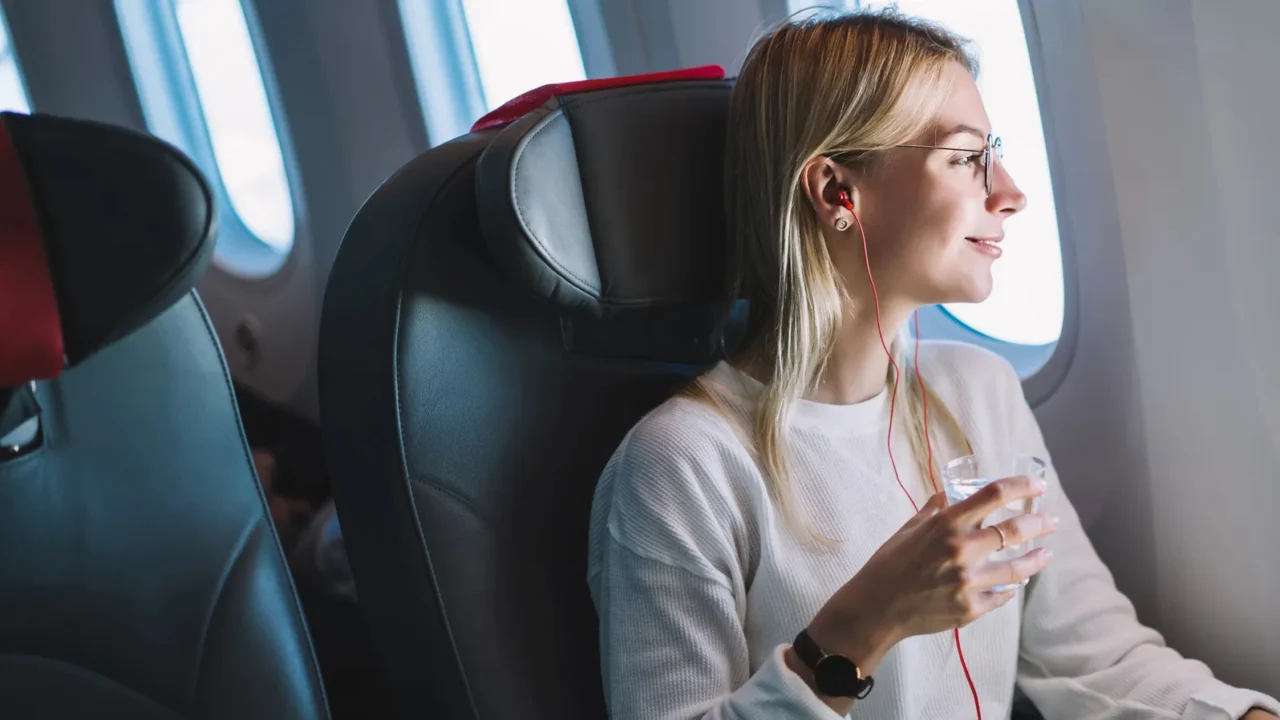
Assigned seating is coming too
This rule is part of a much bigger shift at Southwest. The airline, famous for its open seating model, will now move to assigned seating.
That means travelers will pick seats in advance like they do on other U.S. carriers, instead of rushing for a spot during boarding. It marks the end of a long-running boarding tradition. For many, it’s the most dramatic change in the airline’s history.
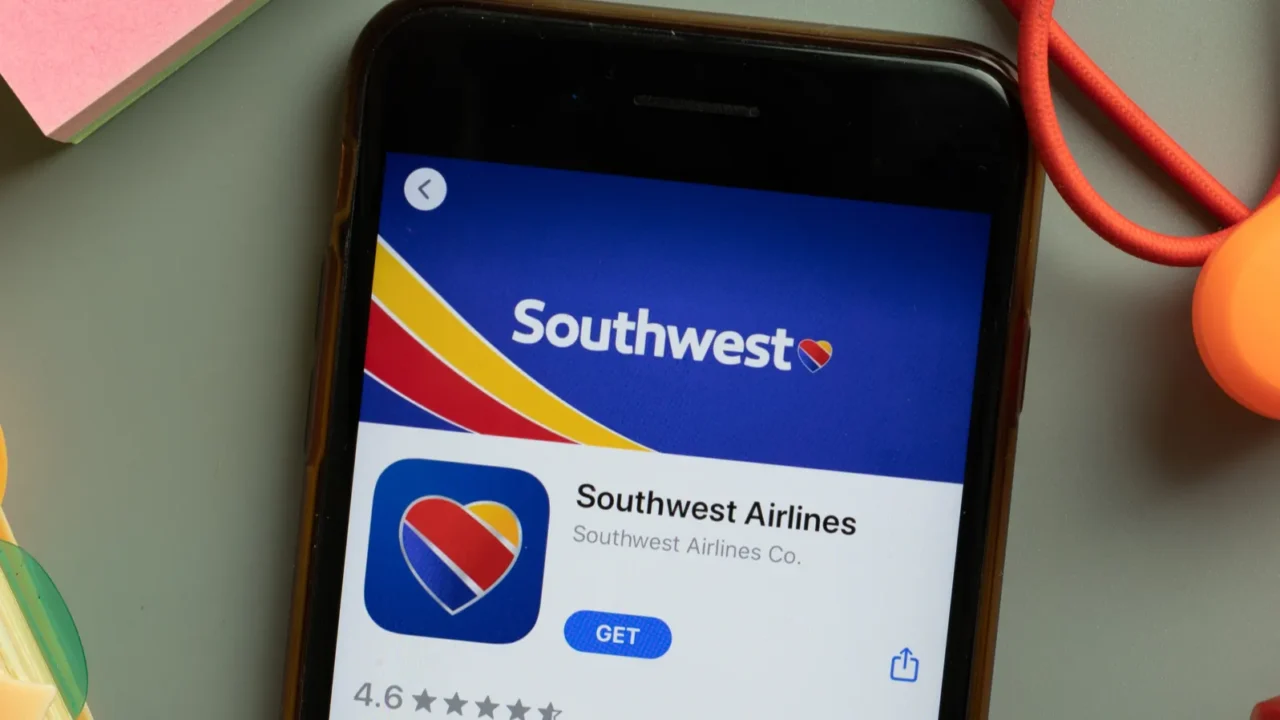
Goodbye to “bags fly free”
Southwest has also announced the end of its popular “Bags Fly Free” promise. This perk made the airline stand out for decades.
Now, like other carriers, passengers will need to pay checked baggage fees, adding more to the overall cost of travel.
It’s one of the biggest changes to the airline’s identity. The loss of this perk may push budget-conscious travelers elsewhere.
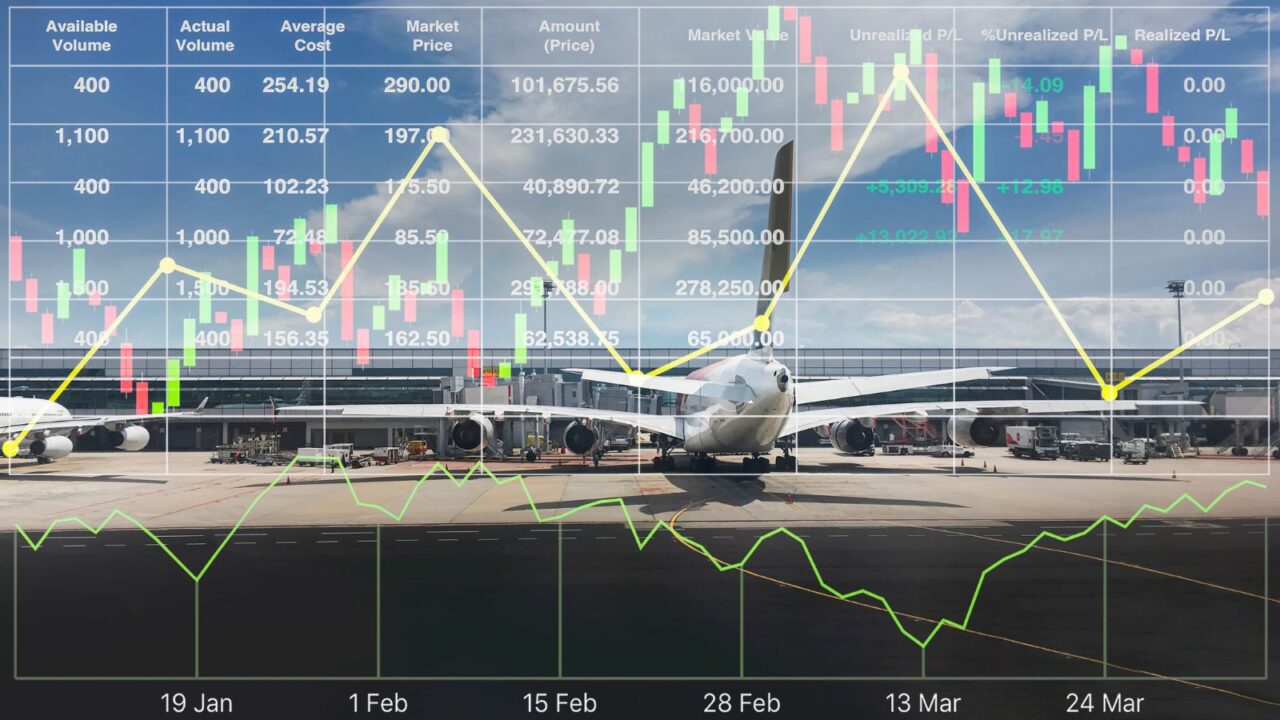
Why these changes are happening
Airline analysts say the new policies are driven by rising costs and profit pressures. Southwest has long been known for being affordable, but competition is fierce.
Charging for bags, assigning seats, and requiring extra tickets for larger travelers brings it closer in line with rivals such as American and United.
The company hopes this strengthens its bottom line. These adjustments signal a strategy shift to prioritize revenue stability.
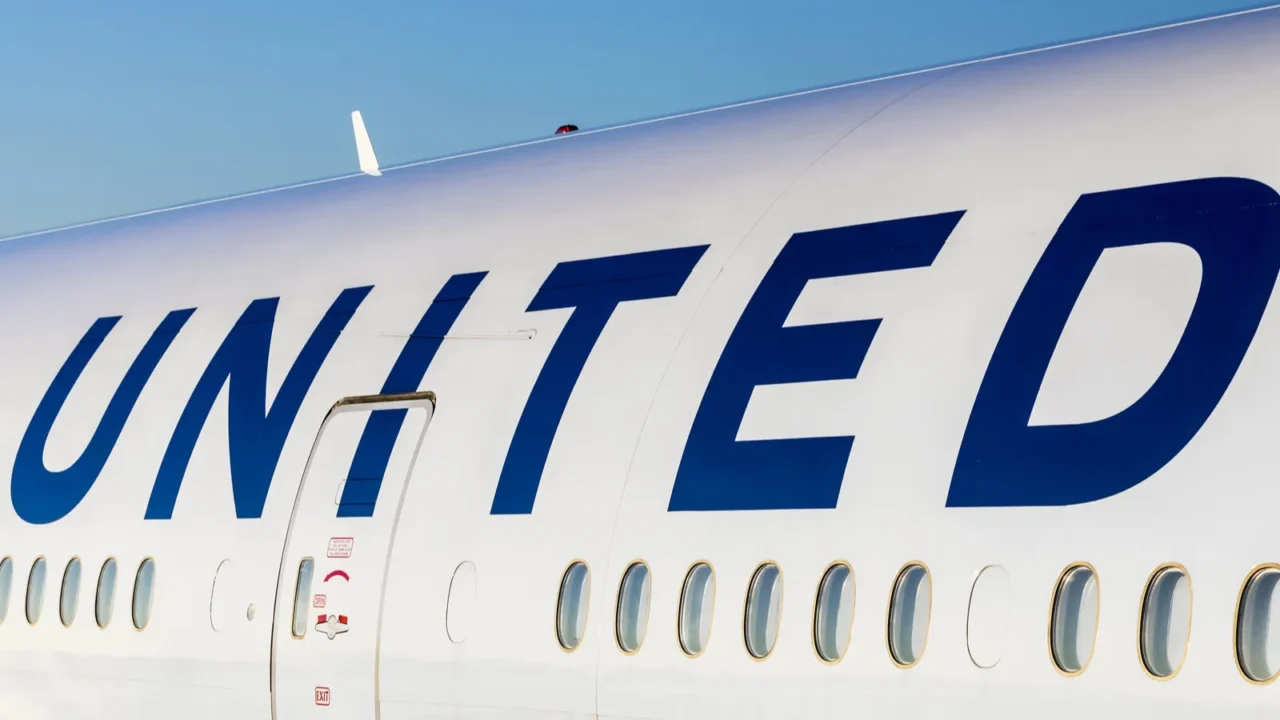
How United Airlines handles it
United Airlines requires plus-size passengers to purchase a second seat if they don’t fit with the armrests down. This policy is strict and leaves little room for exceptions.
Unlike Southwest’s past policy, there’s no option to ask for free space at the airport. Comfort always comes at an additional cost, making flexibility rare. United’s consistency sets a clear, but sometimes unpopular, standard.
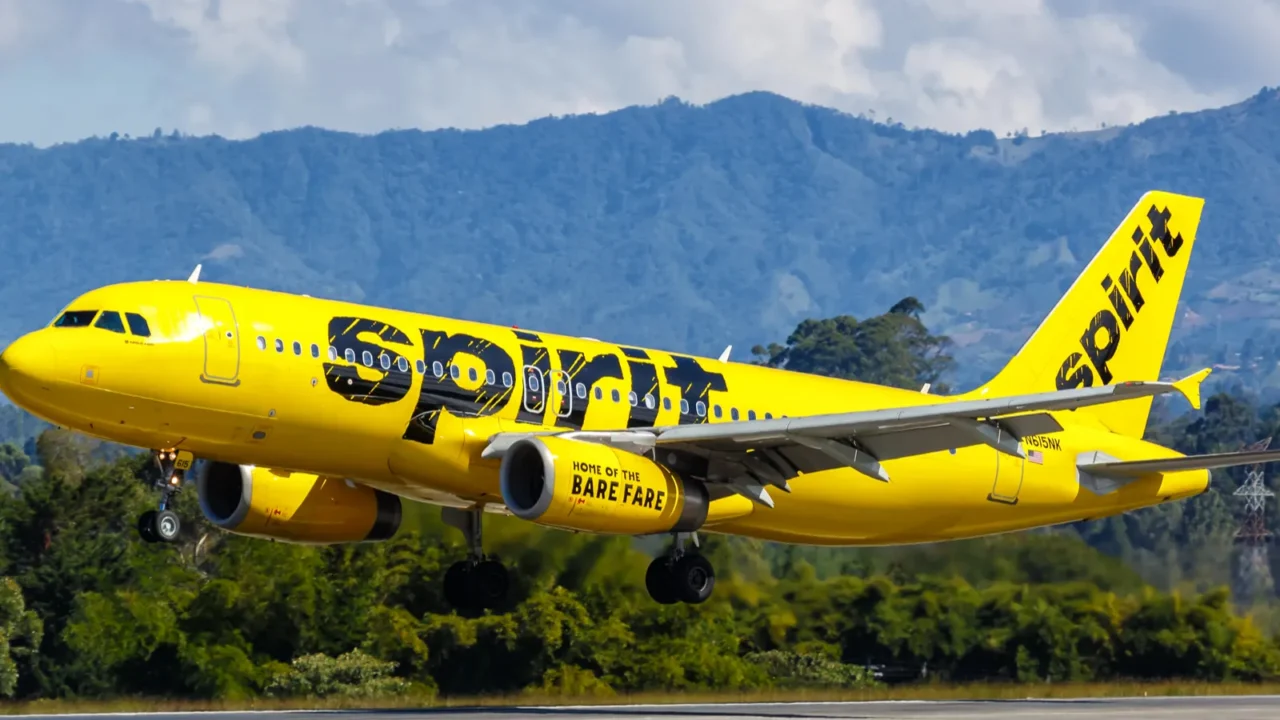
Spirit and Frontier’s strict approach
Spirit and Frontier Airlines also require an extra seat if a passenger cannot sit comfortably within a single seat. The stricter seat designs make space policies even more noticeable.
Both are budget airlines, so their seats are narrower than many full-service carriers, making this rule apply to more travelers. That means extra planning is almost unavoidable.
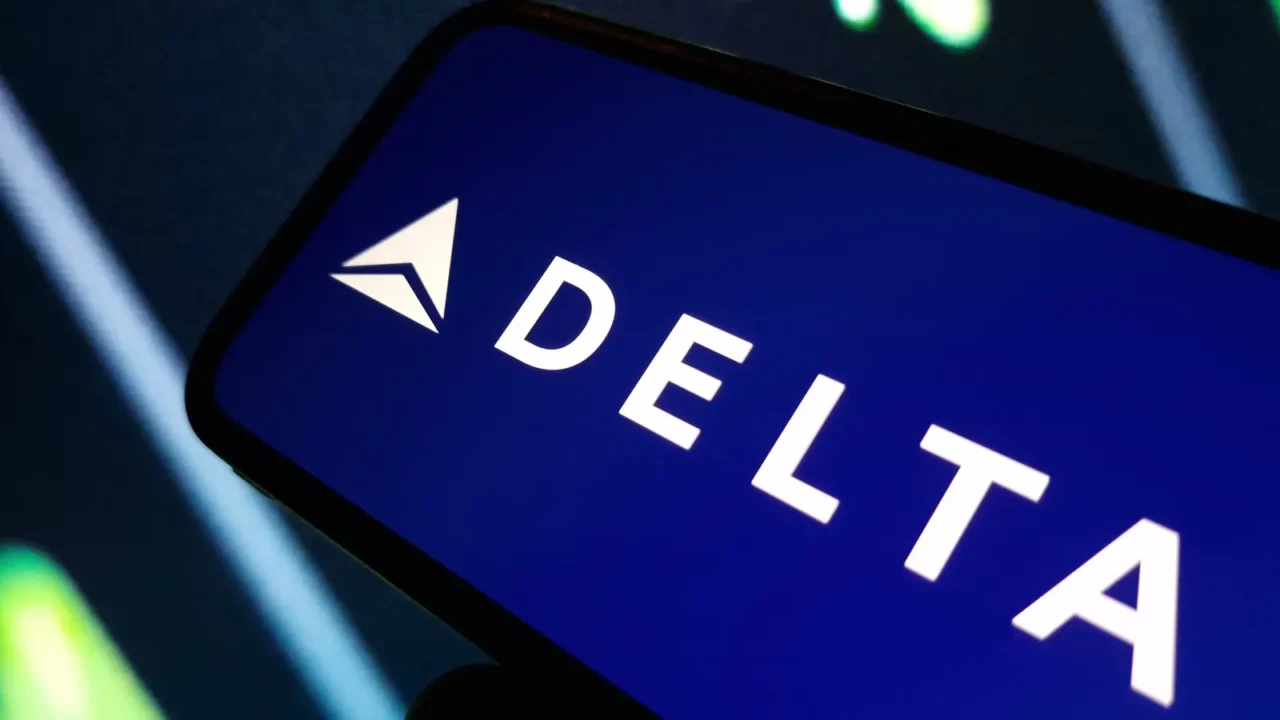
What Delta Airlines does differently
Delta Airlines takes a softer approach. They don’t force passengers to pre-purchase a second seat. Delta’s policy feels more situational than automatic.
However, if there are space issues on the flight, they may require seat changes or even rebooking. Delta also provides seat belt extenders to help passengers fit more comfortably. This balance keeps them flexible yet firm.
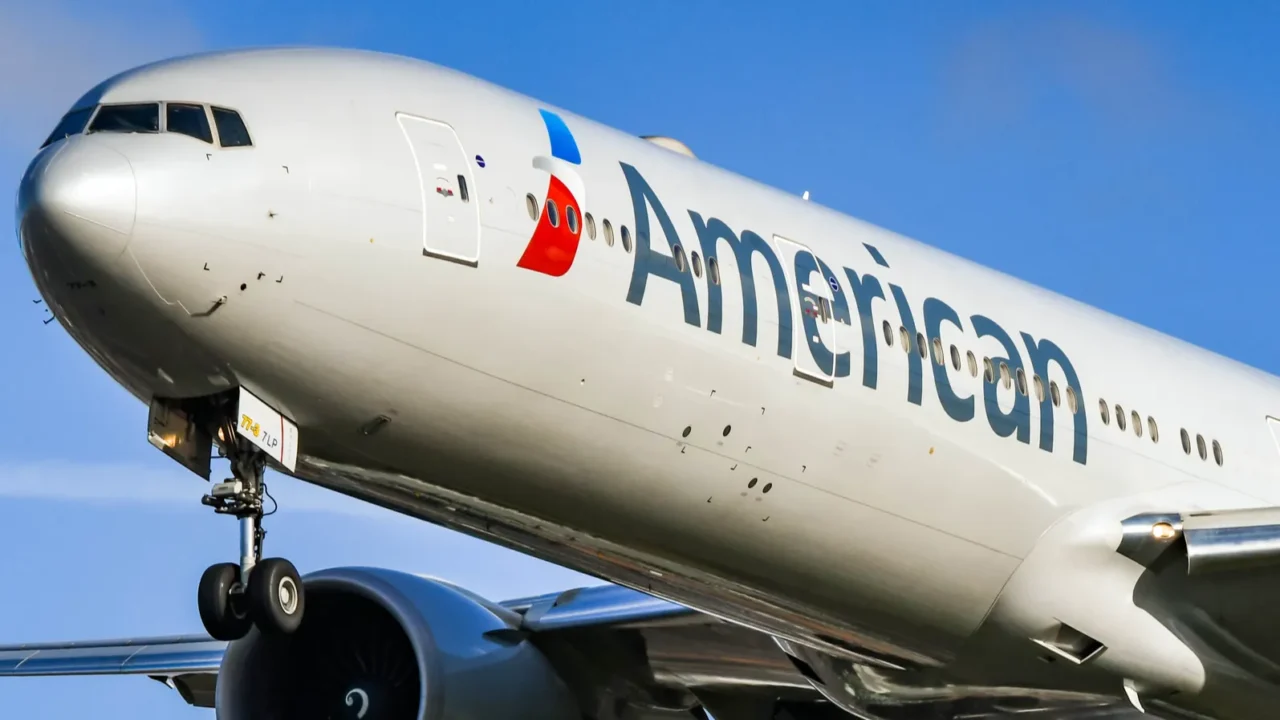
American Airlines’ recommendations
American Airlines “recommends” plus-size passengers buy a second seat, but doesn’t require it upfront.
The airline will try to ensure adjacent seating, but cannot guarantee it, especially on busy flights. Comfort depends heavily on how full the plane is and what seats are left. For travelers, this means mixed results depending on the timing.
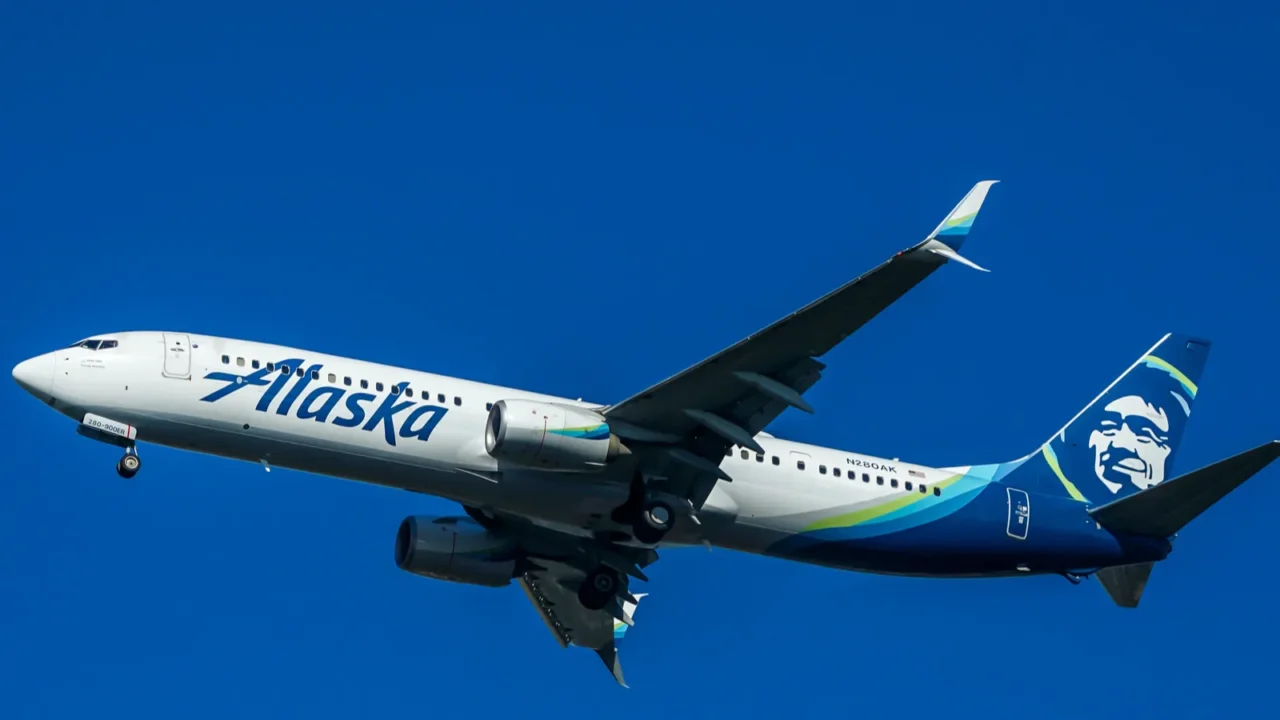
Alaska Airlines’ seat policy
Alaska Airlines suggests travelers needing extra room purchase an additional seat. If the plane departs with open seats, the cost of that second ticket may be refunded.
They also provide details on seat sizes, with economy armrests generally measuring about 17 inches wide. Knowing this helps travelers plan before they fly. Transparency has become part of Alaska’s reputation.
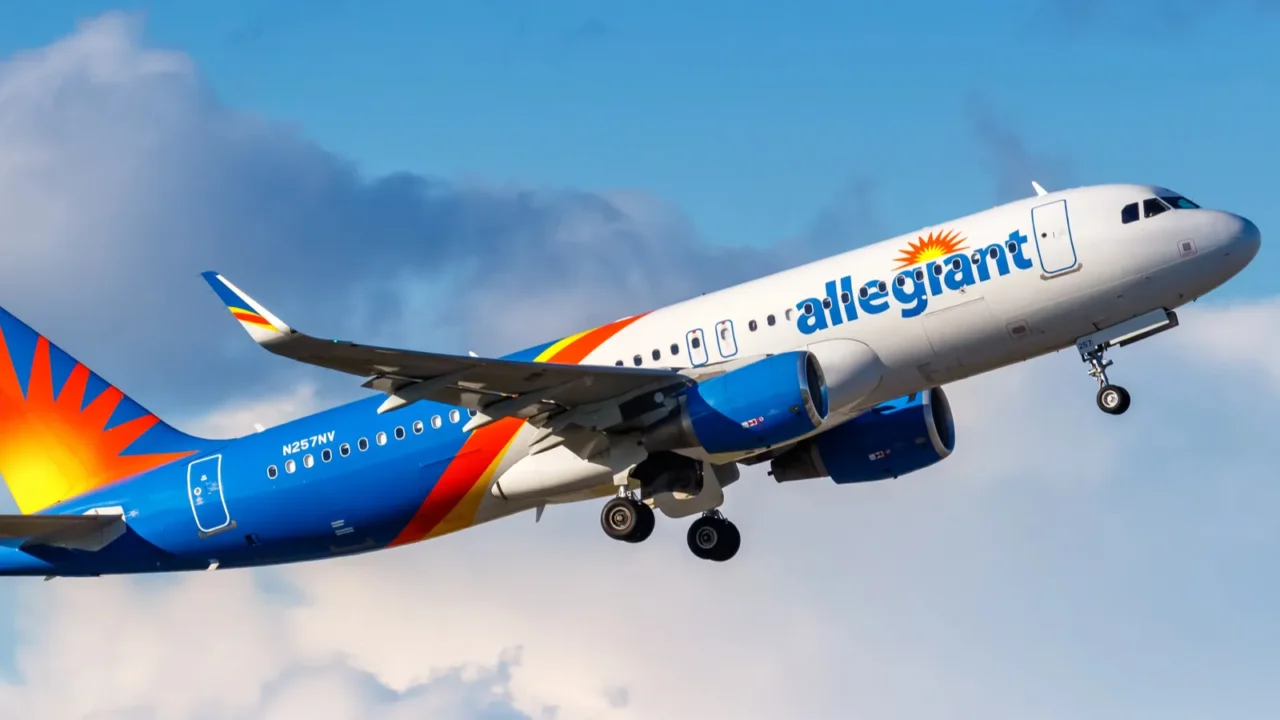
Allegiant’s no-nonsense stance
Allegiant Air advises passengers who may occupy neighboring seats to purchase an extra ticket. Allegiant sets expectations early and enforces them strictly.
If the flight is full and they haven’t bought one, boarding may be denied entirely. This makes upfront planning critical for anyone concerned about space.
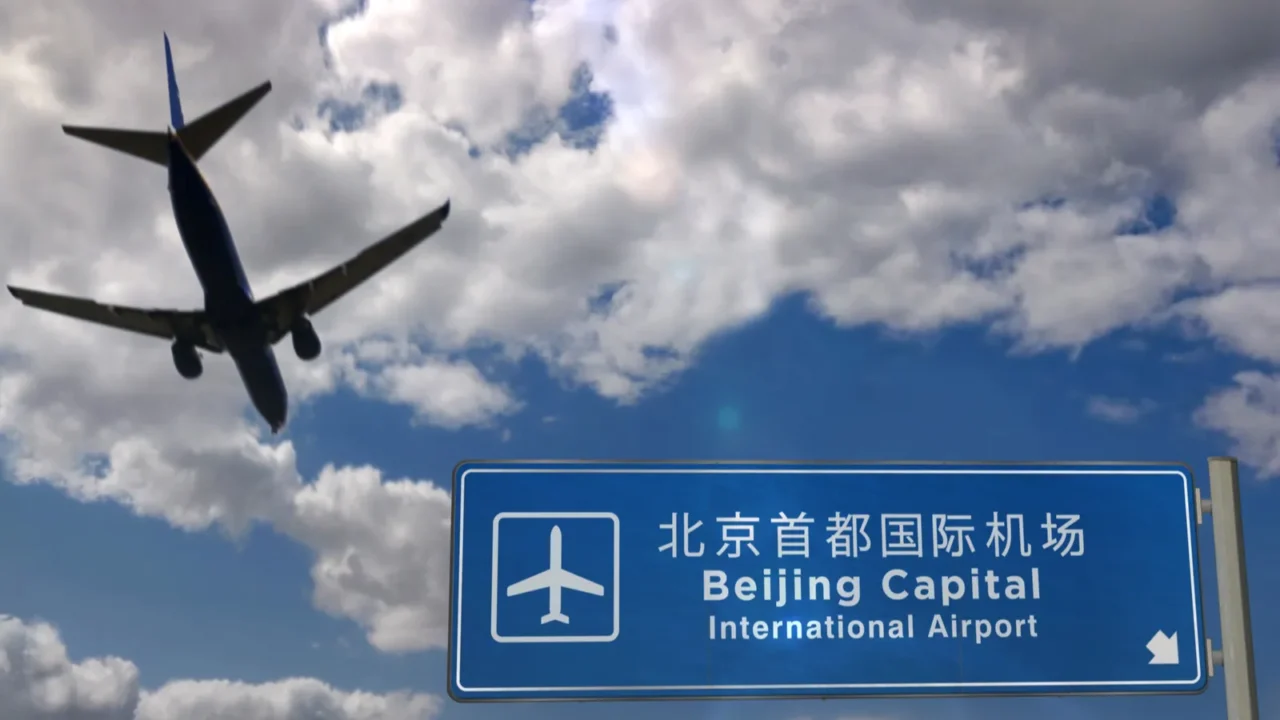
How international airlines compare
Some international carriers take a different path. Emirates, for example, offers wider seats and extra legroom in premium economy. Regional approaches vary greatly, depending on cultural and market differences.
These larger seats improve comfort for bigger travelers and sometimes include seat selection options to ensure extra space. Other airlines abroad are starting to follow similar steps.
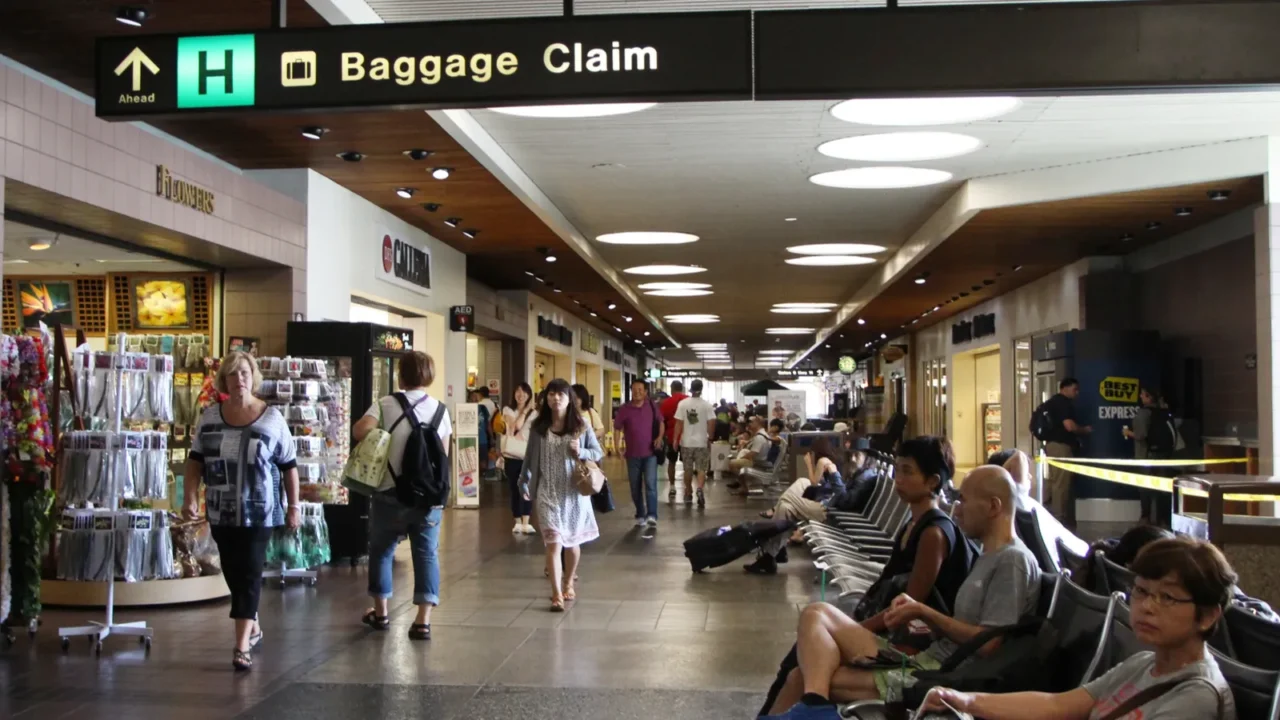
Why travelers are divided
Some passengers welcome Southwest’s changes, saying they bring fairness to all travelers and make the rules clearer.
Others argue it places extra financial strain on plus-size passengers, making air travel more expensive and stressful. The debate has only grown louder since the announcement.
And with Spirit’s shutdown reshaping the skies, the future of budget-friendly flying looks even more uncertain.
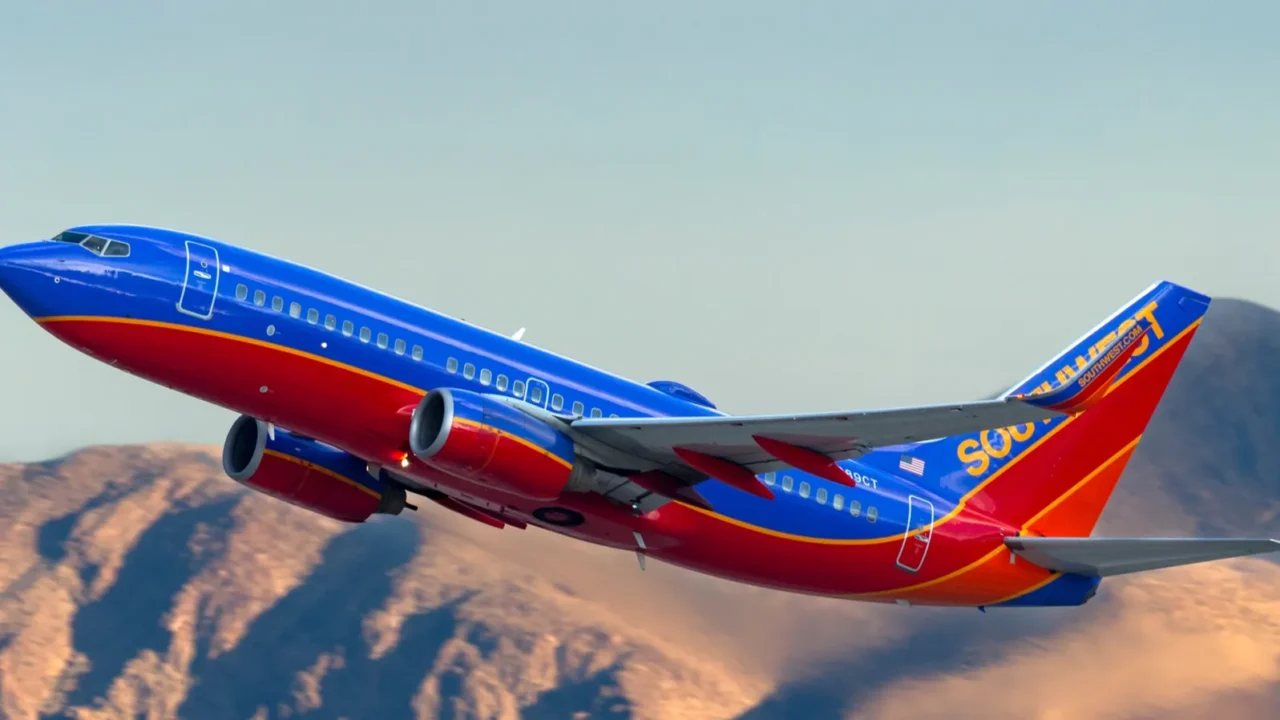
What it means for southwest fans
For frequent Southwest flyers, these changes may feel like the end of an era. The airline built its reputation on flexibility, perks, and affordability.
With assigned seating, bag fees, and stricter plus-size rules, many say it feels more like other U.S. airlines now. Long-time customers will need to adjust their expectations.
If Southwest’s changes signal a shift, Frontier’s warning could hint at where U.S. air travel is really headed.
Have you ever dealt with seat space challenges while flying? Share your travel story and how you handled it.
Read More From This Brand:
- Why Asheville Is a Model for Green Living
- A Beginner’s Guide to America’s Quirkiest Roadside Attractions
- Why Rio and Machu Picchu Are the Bucket List Duo of 2025
Don’t forget to follow us for more exclusive content right here on MSN.
This slideshow was made with AI assistance and human editing.